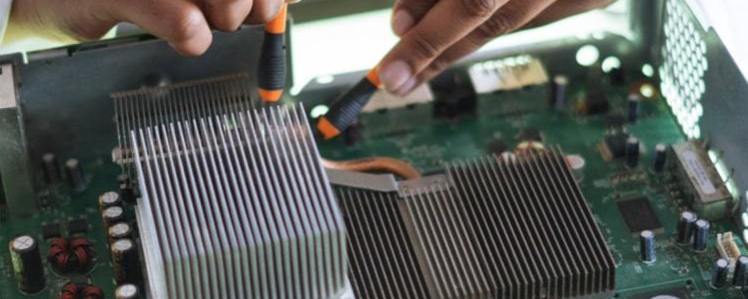Fix it or ditch it?
Posted on 12th June 2023
Do you like to mend things when they are broken?
In Europe there’s now a ‘right to repair’ (R2R) movement. It says technical information and genuine parts should be widely available, allowing people to mend their appliances. The movement focusses on the tons of electrical waste we produce every year. However, manufacturers say only qualified professionals should use published information and replacement parts to complete repairs.
Safety issues concerning R2R
People planning to repair electric appliances could face risks if good electrical safety procedures aren’t followed. Simply using online advice, videos or learning from neighbours could lead to a fire or electric shock. After one successful simple repair, over-confidence could also lead people to take on bigger projects or to give risky advice to others.
The materials and components used could also be cause for concern due to the risks of low quality third-party parts. Organisations like Electrical Safety First say they seize thousands of counterfeit items every day. However, there’s no way to know whether these are used in non-professional repairs. There are also concerns that equipment used in testing might not be properly set up.
Product Conformance Certificates
When products first go on the market, they must pass safety tests, which include all parts of an appliance. Since 1 January 2021 UK Conformance Assessed (UKCA) markings have been in place for most goods that would previously have had a European CE marking.
For the future, R2R enthusiasts must find ways to make sure genuine parts are stocked or safely repaired. There’s a drive for local control and growth, so the solution might be local community registered repairers.
Manufacturers’ choices
If the trend for repairs continues, the cost of parts and ease of repair could become much more important parts of the buying decision for new appliances. This might include repair costs and the availability of genuine spare parts. Locally based repairers will also reduce overheads and extend the useful life of appliances to help minimise waste.
While we all want to see waste reduced, our priority is always electrical safety. Repairs for appliances should be carried out by competent people and properly checked before use.
Tagged as: domestic installations, Electrical safety
Share this post:





